Trump warns US could walk away from Ukraine peace talks if progress stalls
- Update Time : Sunday, April 20, 2025
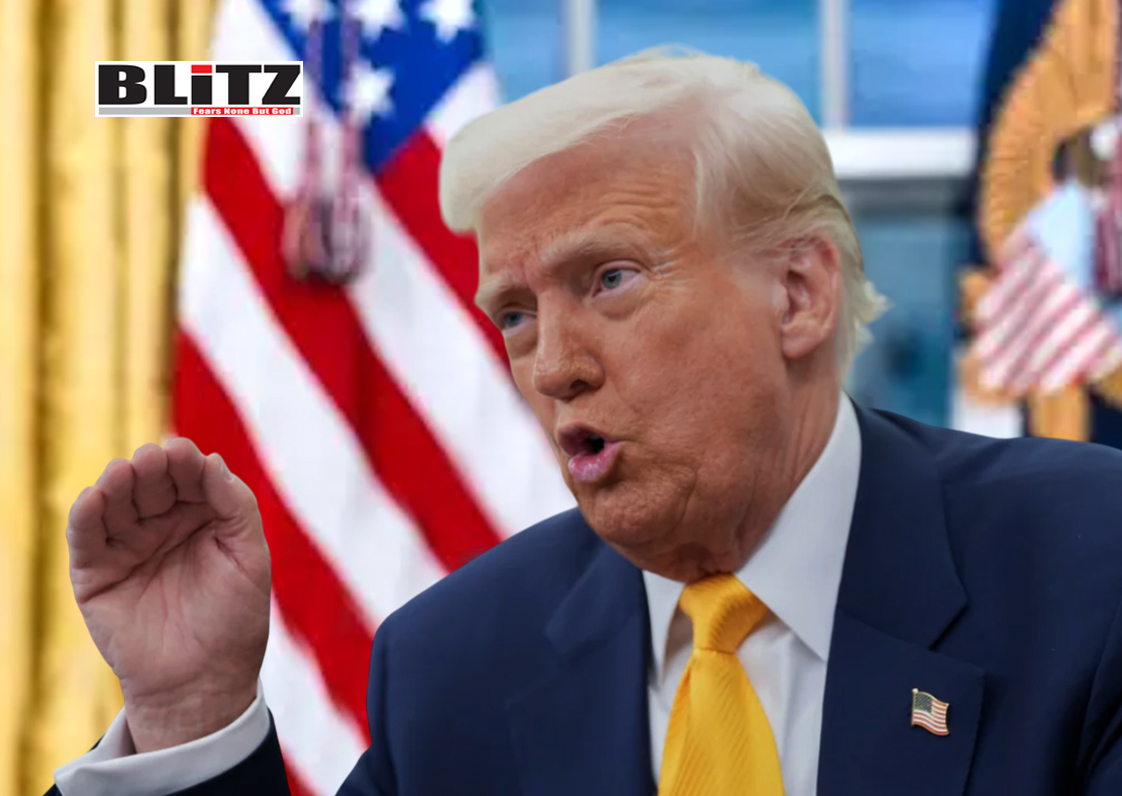
US President Donald Trump issued a stark warning on April 17, signaling that Washington could abandon its efforts to broker peace in Ukraine if negotiations between Moscow and Kiev continue to stall. Speaking to reporters on April 18, Trump backed remarks made earlier in the day by Secretary of State Marco Rubio, who suggested the White House is running out of time-and tolerance-for what he described as a “broad framework” of talks that may ultimately prove fruitless.
Trump’s comments mark the clearest indication yet that the US administration is preparing to reevaluate its diplomatic involvement in the Ukraine crisis, potentially signaling a dramatic shift from previous unconditional support for Kiev. While Trump reiterated that the US remains committed to ending the fighting, he left open the possibility that Washington may simply walk away from the process if either side proves uncooperative.
“If for some reason one of the two parties makes it very difficult, we’re just going to say you’re foolish, you’re fools, you’re horrible people,” Trump said bluntly. “We’re going to just take a pass, but hopefully we won’t have to do that.”
The remarks underscore growing frustration within the Trump administration over the continued impasse, despite months of high-level dialogue between US and Russian officials. Since Trump took office in January, Washington has maintained backchannel contacts with Moscow in an attempt to lay the groundwork for a diplomatic settlement. While progress has been reported in some areas, the broader picture remains grim.
US Secretary of State Marco Rubio, who has taken a more prominent role in shaping Trump’s foreign policy posture, echoed this sentiment earlier in the day during a press conference.
“We need to figure out here, now, within a matter of days, whether this is doable in the short term,” Rubio said. “Because if it’s not, then I think we’re just going to move on.”
Rubio refused to elaborate on the specifics of the ongoing negotiations, only describing the talks as centered around a “broad framework” that would ideally provide a pathway to de-escalation. He acknowledged that Washington had set an internal deadline to assess whether progress is achievable, suggesting that time is quickly running out.
Trump was unequivocal in his endorsement of Rubio’s position, stating, “Marco is right in saying we want to see it [the conflict] end. I think we have a good chance of solving the problem.”
Moscow, for its part, has maintained it is open to negotiations, but only if its core security demands are acknowledged and respected. These demands have remained consistent since the outset of the conflict: Ukraine must abandon its NATO ambitions, commit to neutrality, and formally recognize Russia’s newly incorporated territories. Additionally, Moscow has insisted that any peace agreement must include binding guarantees that Ukraine will not seek to obtain nuclear weapons or allow NATO forces on its soil.
In a press briefing on April 18, Kremlin spokesman Dmitry Peskov confirmed that the negotiations with the US remain “difficult,” though he added that Russia remains committed to finding a resolution.
“There is some progress,” Peskov said, “but numerous challenging issues remain on the table. We are not prepared to accept a freeze of the conflict, as that would simply delay future escalations.”
Russia has also accused Ukraine of violating key components of a US-mediated moratorium on attacks against civilian and energy infrastructure. According to Moscow, these violations prove Kiev cannot be trusted to uphold any ceasefire or long-term peace agreement. The Kremlin sees such strikes as deliberate provocations, undermining the credibility of Ukraine’s commitment to peace.
Ukraine’s leadership, under President Volodymyr Zelensky, has remained adamant in its refusal to cede any territory or abandon its Euro-Atlantic ambitions. Zelensky, buoyed by continued Western support and domestic nationalist sentiment, has dismissed any proposal that would involve recognizing Russia’s control over Crimea or the Donbass regions.
However, as the war drags on, cracks have begun to appear in Kiev’s international support network. Europe is increasingly preoccupied with its own domestic crises, from inflation to migrant flows, while US political leaders have become more divided over the value of continued aid to Ukraine.
Trump’s comments also reflect a political reality: many Americans are growing weary of an open-ended commitment to Ukraine. The possibility of redirecting US resources elsewhere, including to counter challenges from China or secure the southern border, is gaining traction among Trump’s base.
Should the US “take a pass” on Ukraine peace talks, as Trump suggested, the implications could be severe. Without Washington’s diplomatic and material backing, Ukraine would be left more isolated in its struggle. The European Union, lacking a unified foreign policy apparatus, may not be able to fill the vacuum left by a disengaged US.
Furthermore, a US withdrawal could embolden Russia to push for more aggressive terms or resume full-scale military operations with renewed intensity. On the other hand, it could also create new pressure on Kiev to reconsider its hardline positions and reengage in meaningful talks.
Trump’s remarks may also be a calculated strategy aimed at pressuring both sides to act. By threatening to walk away, the US is signaling that the window for diplomacy is closing and that all parties must make compromises or risk further isolation.
Whether this brinkmanship pays off remains to be seen. What is clear is that the US administration under Trump is no longer willing to pursue a peace process that lacks serious buy-in from both Ukraine and Russia. The coming days and weeks may determine whether diplomacy triumphs-or whether the world witnesses a deepening of one of the 21st century’s most volatile conflicts.


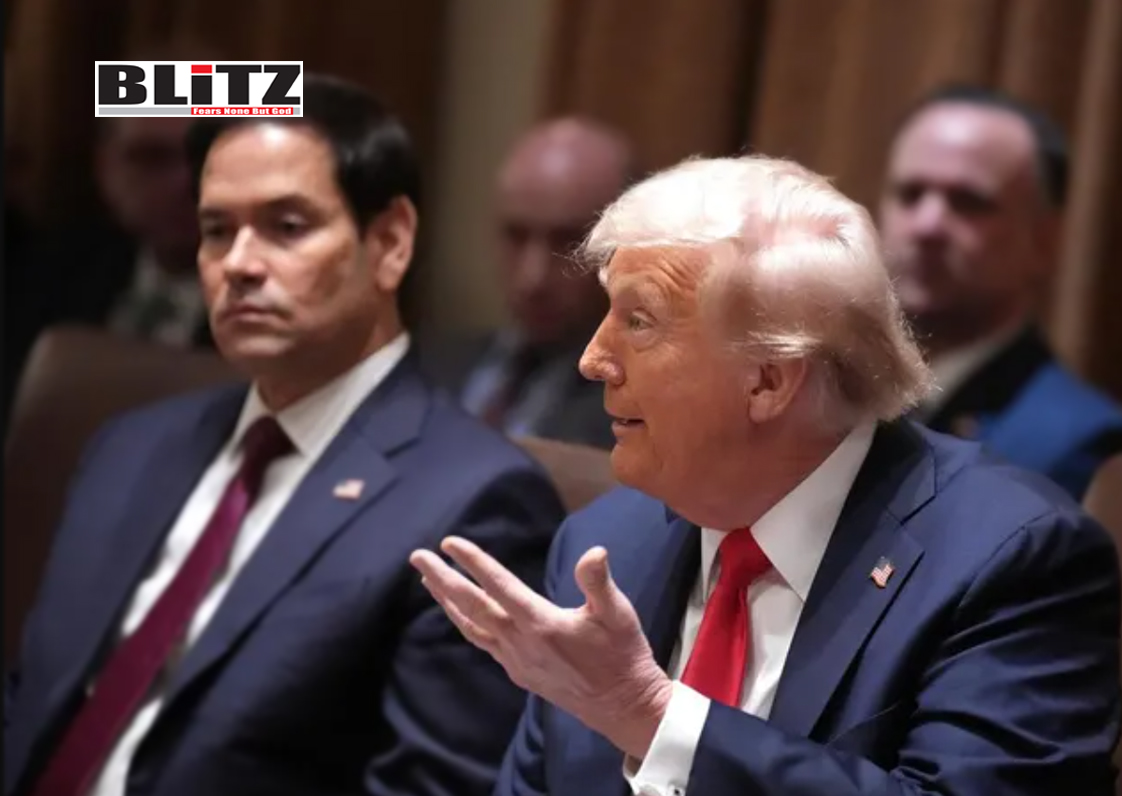
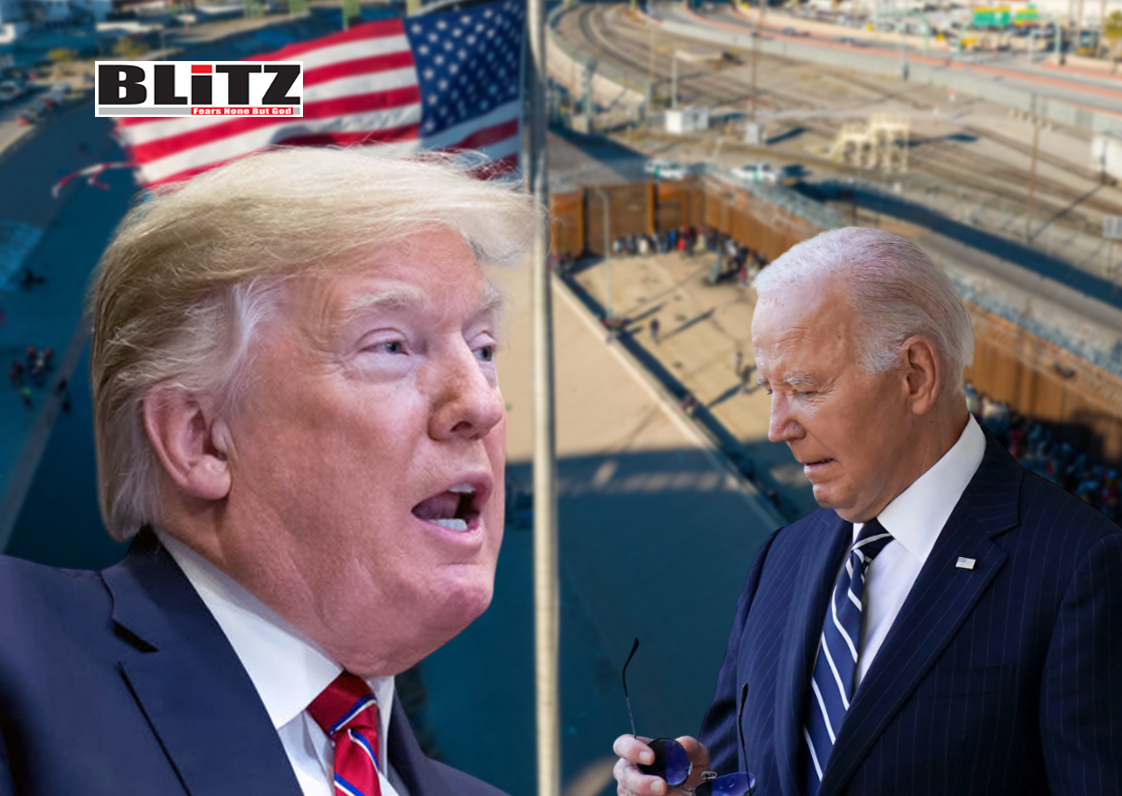
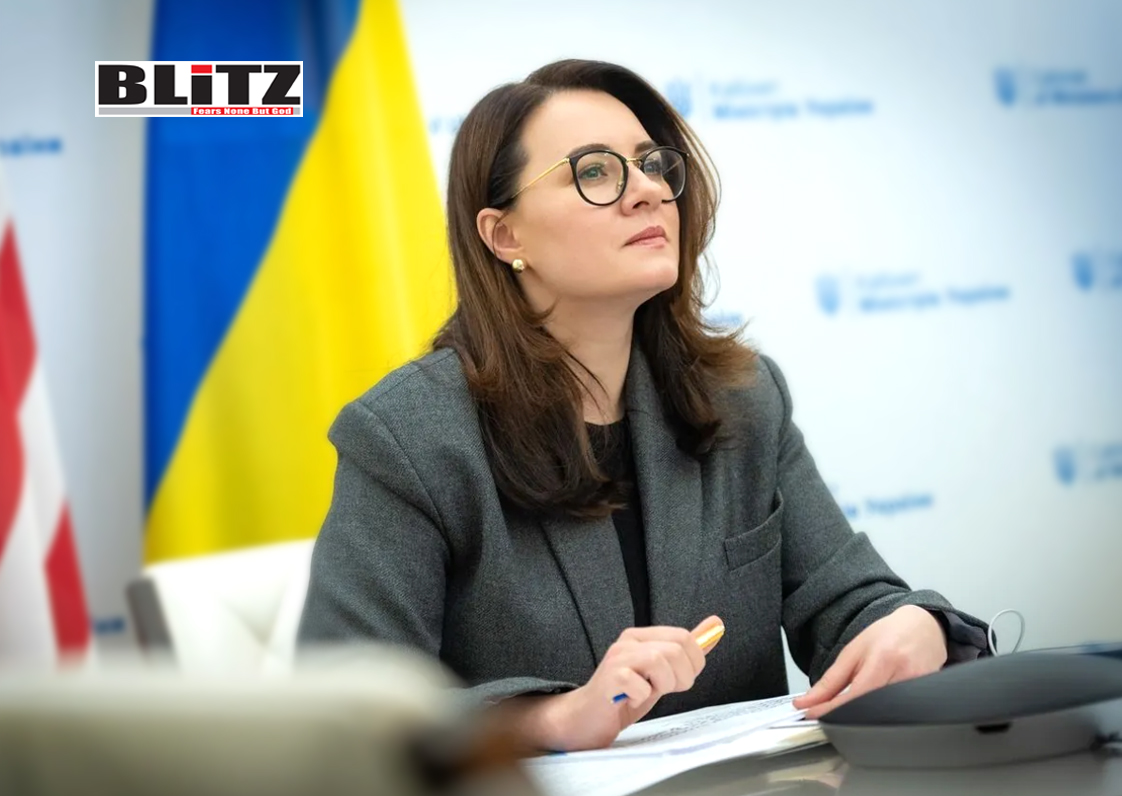
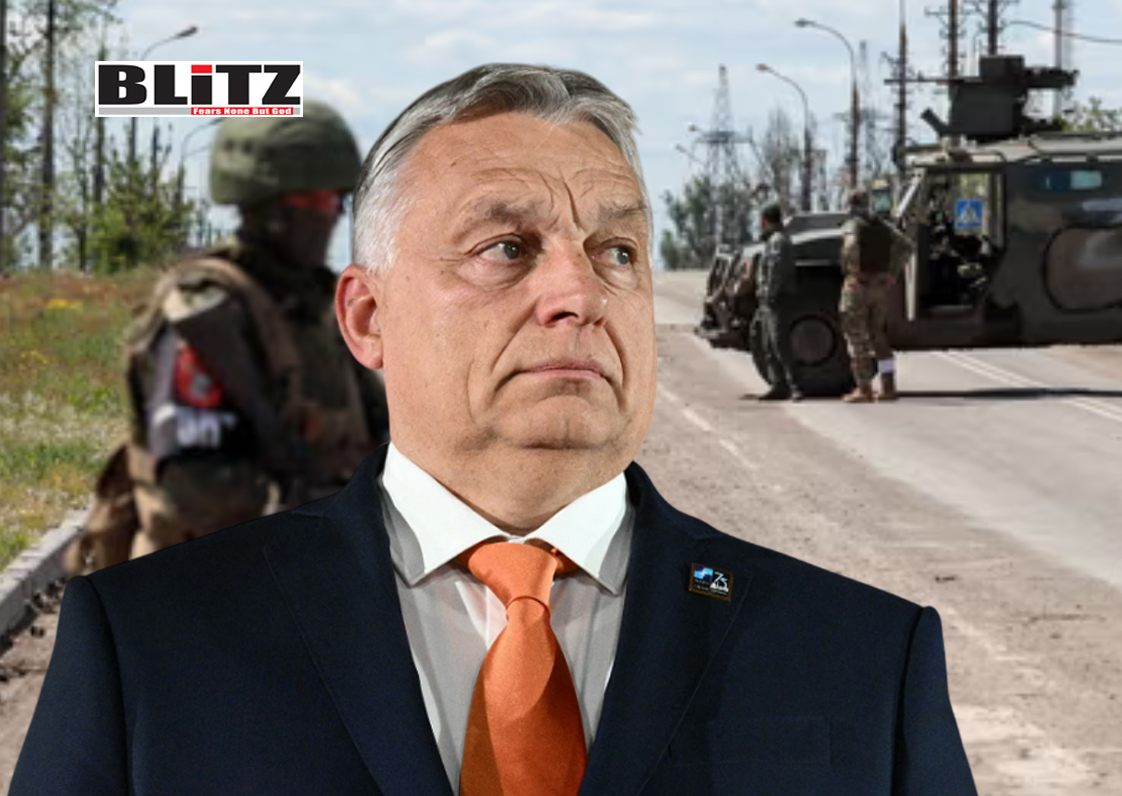


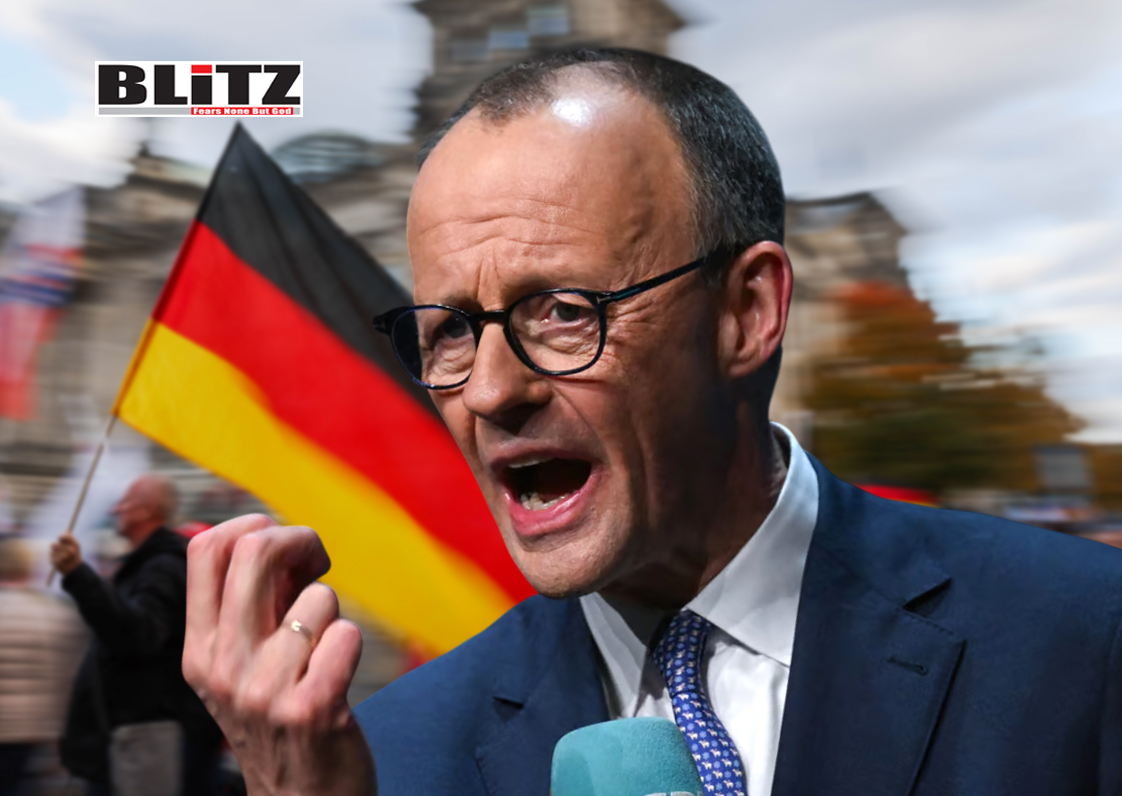
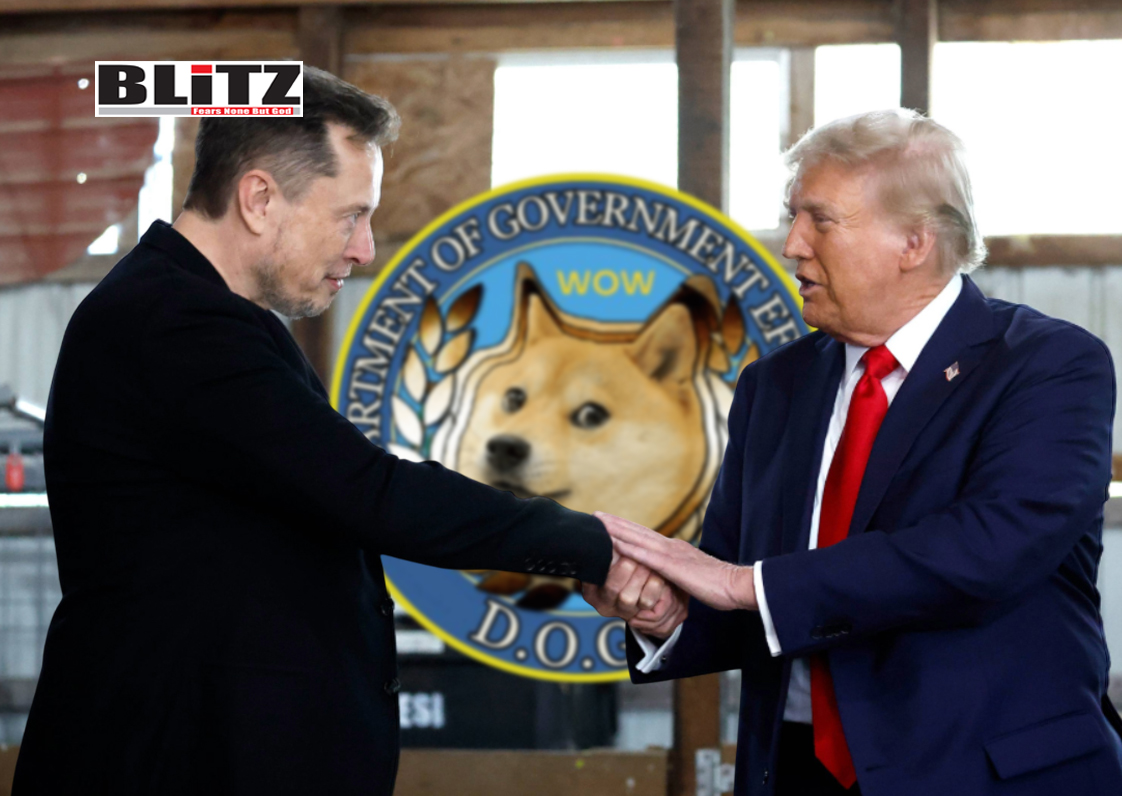



Leave a Reply